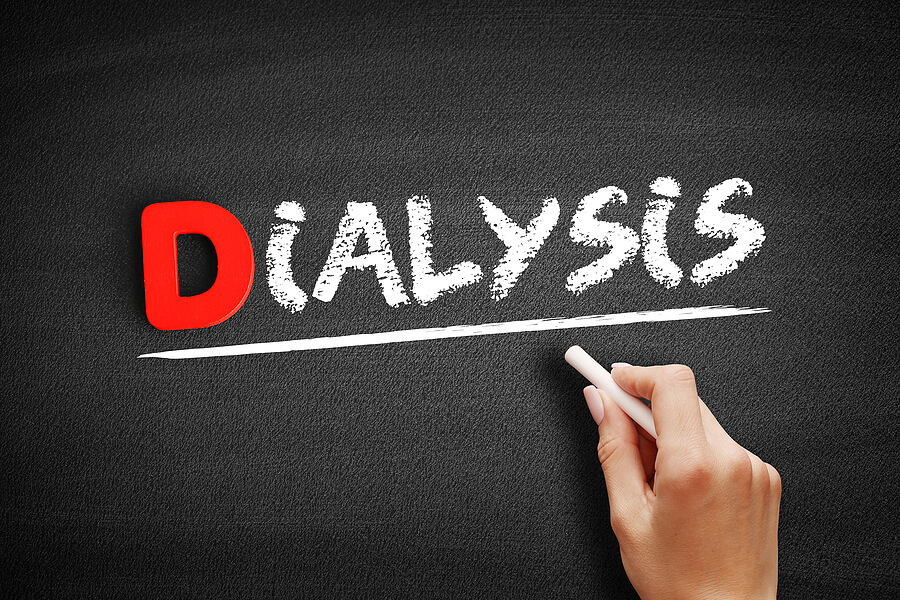Questions to ask a Kidney Doctor
Category:

If you suffer from recurrent kidney infections, persistent low back pain, diabetes, high blood pressure, or if you are elderly and have a family history of kidney disease, your primary care physician may refer you to a nephrologist, commonly known as a kidney doctor.
Your first visit will be for an assessment of your condition and overall health. The nephrologist will do a complete physical, including a comprehensive urinalysis and blood work-up.
Knowing what questions to ask the nephrologist is an important component of the initial assessment.
Questions to ask the nephrologist about CKD (chronic kidney disease):
- Why did my doctor make this referral?
- Can you explain why my kidneys are not functioning as they should?
- Is there something I can do to slow the progress of kidney disease or reverse it altogether?
- Is Chronic Kidney Disease a rapidly declining condition?
- What are the treatment options and side effects of each treatment?
- Will I need dialysis?
- How can I improve my kidney health?
- How can I make my kidney strong?
Once the assessment is complete, the nephrologist may determine that you are experiencing kidney failure. This is usually determined by the stage of the disease you are in.
There are 5 stages of chronic kidney disease.
- Stage 1- Normal kidney function
- Stage 2- Mild decline in kidney function
- Stage 3- Moderate decline in kidney function
- Stage 4- Severe decline in kidney function
- Stage 5- End stage or complete kidney failure
Questions to ask about kidney failure:
- What is the cause of my kidney failure?
- Can I expect to recover?
- From this stage, how long can I go on without dialysis?
- Are there medications you can prescribe to keep my condition from getting worse?
- Will I eventually need a transplant? Am I a candidate for one?
- What dietary or lifestyle changes should I make?
Depending on what your doctor finds and the extent of your kidney damage, dialysis may be recommended.
Dialysis is a filtering system that removes waste from your body when the kidneys fail to do so. You will require minor surgery before dialysis can begin to create an access point for the dialysis machine. This procedure is called Hemodialysis Access. You will have a port following the procedure that will be used for each session.
Questions to ask about dialysis:
- How long will the session take?
- How often will I need to have dialysis?
- What will I experience during dialysis?
- Will it be painful?
- What are the side effects or complications I should look for?
- When should I call the doctor?
- What are dietary restrictions before and after a dialysis session?
- What should I wear to my treatment?
- Can a family member or friend come with me?
- Can I shower if I have a port?
- Can I do dialysis at home?
Your kidneys play a huge part in regulating all your body’s systems. They are small organs, and we sometimes take them for granted until they signal a problem. The symptoms of kidney disease sneak up on you quietly. They are usually non-existent in the early stages.
Although we addressed several kidney questions and answers here, it’s important to keep in touch with your doctor and report even the smallest irregularities you notice concerning your health.
Kidney failure can occur without warning. The two leading causes of chronic kidney disease are high blood pressure and diabetes.
Subtle and seemingly unrelated symptoms such as nausea, loss of appetite, a metallic taste in your mouth, fatigue and pervasive itching can all be early warning signs of kidney disease.
So, watch your diet, monitor your blood pressure, don’t smoke, and schedule regular appointments with your doctor to assure you are doing all you can to avoid serious problems down the road.
Remember, early detection is your only protection!
Subscribe
Date: 2022-10-27
Category:


